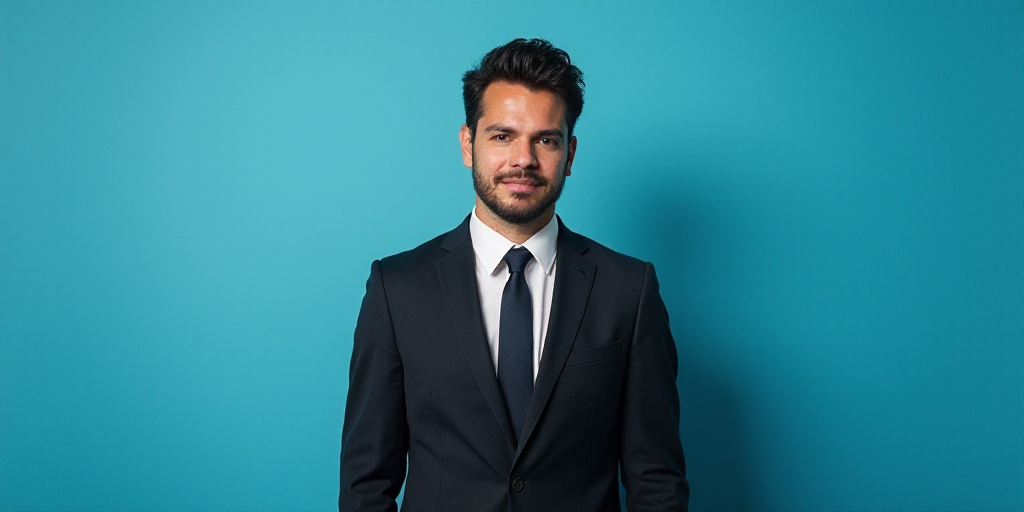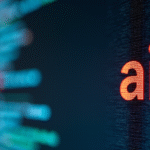Introduction
The rapid pace at which the National Events Factory churns out events has left many of us frustrated, as it swiftly removed the case of former President Peña Nieto from the news cycle and off the legal radar, much to the chagrin of those seeking justice for his rampant corruption. Meanwhile, the Attorney General of the Republic rejoiced, showing little to no effort in pursuing these matters.
The Rise of AI and Its Transformative Effect on Creative Industries
The artistic and entertainment landscape has undergone a groundbreaking transformation with the emergence and swift advancement of Artificial Intelligence (AI). This technology has displayed an astonishing ability to generate content across a wide array of creative forms, including images, music, voice, text, and video, at unprecedented speeds and scales.
The First Casualties of AI: Voice Actors and Commercial Announcers
As a result, the first victims of this invention have emerged: voice actresses and actors, particularly those who dub content. The initial clash against AI usage without ethical considerations occurred when the National Electoral Institute (INE) usurped the Spanish voice narrator of Dragon Ball, the late Pepe Lavat, for an advertisement thanking citizens for their participation in the June 2 judicial elections. When Lavat’s widow, actress Gisela Casillas, protested against the AI-generated cloning of her husband’s voice, INE’s response was simply “sue us.”
The Santander Mexico Advertisement Controversy
Further fueling the outrage, the Banco Santander Mexico advertisement was entirely created by AI, excluding human voices and even using AI-generated actor figures. This incident triggered the red flags of affected guild members, who protested on Sunday at the Monument to the Revolution against the abuse by advertising producers and dubbing companies.
SOGEM’s Stance on AI Ethics and Derechos de Autor
As the president of SOGEM’s (Sociedad General de Escritores de México) Consejo Directivo, I express solidarity with the initial AI-affected parties and inform our management societies and related entities, part of the Coalición por el Acceso Legal a la Cultura A.C. (CALC), about our productive meeting with Rocío Bárcena Molina, Subsecretaria de Desarrollo Democrático, Participación Social y Asuntos Religiosos of the Secretaría de Gobernación. During a cordial gathering, we discussed AI’s functioning and emphasized the urgent need for legislation surrounding AI, especially concerning Derechos de Autor.
Positive Response from Claudia Sheinbaum
The protest on Sunday positively influenced Claudia Sheinbaum’s morning conference on Monday. When questioned by journalist Setzin Juárez, the mayor acknowledged the protesters’ concerns and expressed her intention to meet with them through the Juridical Counsel and Cultural Secretariat to explore protection schemes for their work and voices against AI exploitation.
Key Questions and Answers
- What is the main issue? The unethical use of AI in the creative industries, particularly affecting voice actors and dubbing professionals.
- Who are the key players involved? The National Electoral Institute (INE), Banco Santander México, SOGEM (Sociedad General de Escritores de México), and Claudia Sheinbaum, the mayor of Mexico City.
- What actions have been taken? Protests by affected guild members and a meeting between SOGEM and government officials to discuss AI’s impact on Derechos de Autor.
- What is the potential solution? The development of protection schemes for workers’ work and voices against AI exploitation, as suggested by Claudia Sheinbaum.






